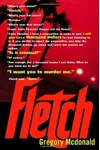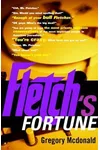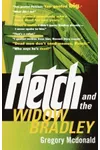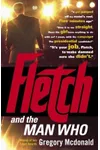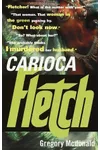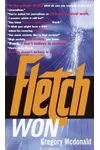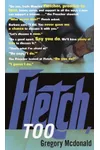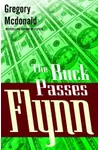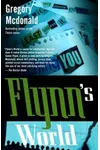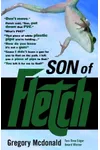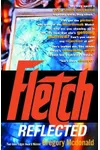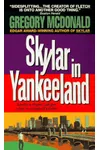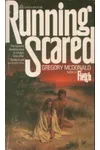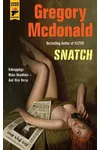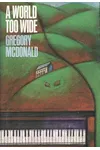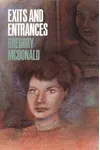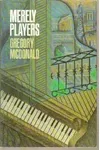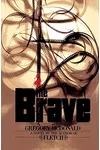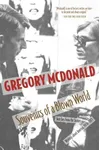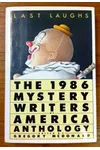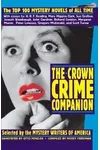Picture a witty American storyteller who turned the mystery genre upside down with a sharp-tongued reporter named Fletch—meet Gregory Mcdonald! Known for his clever dialogue and irreverent humor, Mcdonald crafted tales that blended suspense with satire, earning him a cult following and Hollywood’s attention. His creation, Irwin Maurice 'Fletch' Fletcher, became a cultural icon, proving Mcdonald’s knack for stories that stick.
Born in 1937 in Shrewsbury, Massachusetts, Mcdonald’s life was as colorful as his novels. From sailing yachts to penning award-winning mysteries, he carved a unique path that mirrored the audacity of his characters. Let’s dive into the world of this literary maverick!
The Making of Gregory Mcdonald
Gregory Mcdonald’s journey began in a creative household, with a CBS Radio Newsman father and a painter mother. At Harvard, he juggled studies with running a yacht troubleshooting business, showcasing the entrepreneurial spirit that later fueled his writing. After graduating in 1958, he taught high school, sailed, and even volunteered with the Peace Corps before landing at The Boston Globe as a journalist. His first novel, Running Scared (1964), a poignant tale of a college student’s suicide, hinted at his storytelling prowess, but it was his shift to mysteries that defined his legacy.
Gregory Mcdonald’s Unforgettable Stories
Mcdonald’s breakout came with Fletch (1974), introducing Irwin Maurice Fletcher, a roguish investigative reporter who’s hired to commit a murder—an offer that sparks a twisty, dialogue-driven mystery. The novel’s sharp wit and lean prose earned it the Edgar Award for Best First Novel. Its sequel, Confess, Fletch (1976), won Best Paperback Original, making Mcdonald the only author to snag back-to-back Edgars for a novel and its sequel. In it, Fletch teams up with Inspector Francis Xavier Flynn, a quirky Boston detective who later starred in four spin-off novels.
The Fletch series, spanning eleven books, mixed humor, satire, and social commentary, often poking fun at institutions like journalism and politics. Prequels like Fletch Won (1985) and Fletch Too (1986) explored Fletch’s early days as a struggling journalist, while Son of Fletch (1993) introduced his illegitimate son, Jack Faoni. Beyond Fletch, Mcdonald’s Skylar series, set in Tennessee, and standalone novels like The Brave (1991) showcased his versatility, blending neo-western grit with his signature wit.
His style—dialogue-heavy, with minimal description—felt cinematic, earning praise as 'post-cinematic' by French critics. This approach, paired with his knack for crafting flawed yet likable characters, made his stories fast-paced and endlessly rereadable.
Why Gregory Mcdonald Matters
Mcdonald’s impact on mystery fiction is undeniable. His Fletch series redefined the genre, blending comedy with hard-hitting themes, influencing countless writers. The books sold tens of millions, and their film adaptations—Fletch (1985) and Fletch Lives (1989), starring Chevy Chase—brought his wit to the big screen. Though The Brave’s 1997 film flopped, Mcdonald’s storytelling endured. In Tennessee, where he moved in the 1980s, he fought against the Klan, reflecting the social conscience woven into his work. When he passed in 2008, he left behind a legacy of laughter, rebellion, and razor-sharp prose.
- Born: February 15, 1937, Shrewsbury, Massachusetts
- Key Works: Fletch, Confess, Fletch, The Brave
- Awards: Two Edgar Awards (1975, 1977)
- Died: September 7, 2008, Pulaski, Tennessee
About Gregory Mcdonald
Ready to crack open a mystery that’s equal parts clever and hilarious? Snag Fletch and dive into Gregory Mcdonald’s whip-smart world!
